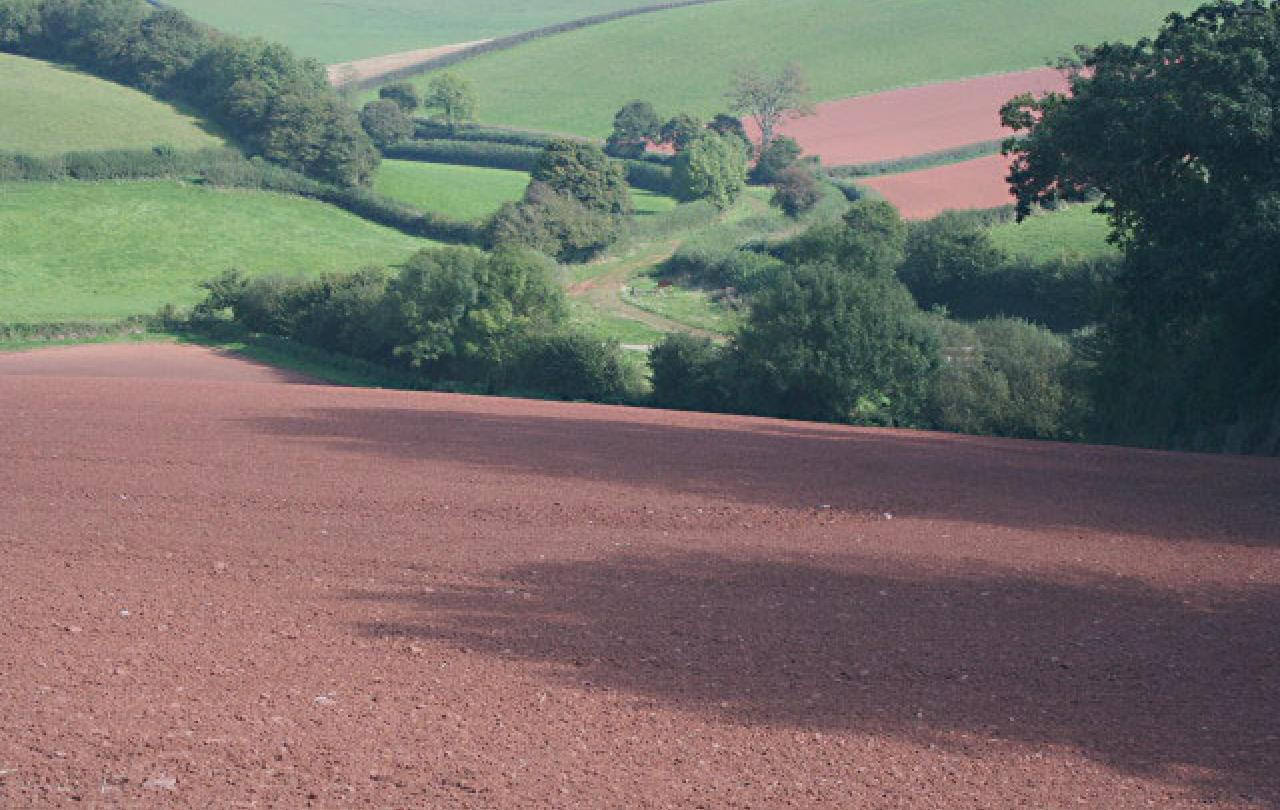Yesterday, the day after the election, I preached a funeral. I heard the name of our President-elect only once. But I did speak on Jesus and Lazarus. About pain and loss.
I named our enemy, death, that robber, cheat, and swindler. And I spoke about grief—we all grieve in so many different ways. And then about tears. I shared about the man from Nazareth, whose public grief before the tomb of his friend drew hushed whispers from onlookers.
It was, you may remember, a tomb he was about to open. He knew, Jesus did, what he was about to do. And did it so that those who were there would become witnesses to precisely what God is about: defeating death. “Come out, Lazarus!” says Jesus, and he does.
The Christian faith, I told the grieving, would have us believe that even in our grief, there is a hope that hems it in. That Jesus enters our darkness and comes to rob death of its finality. I love too that Jesus says next— “Unbind him!” —turning onlookers into witnesses and participants.
This was how I spent my day. I’m not sure I could have spend it any better. Not because it was an escape from the election, but it forced some perspective on me. Because T.S. Eliot is right: “we cannot bear much reality.”
Here, political autopsies are everywhere. Some talk of the Democrat’s conceit, of denying President Biden’s liability as a candidate, bypassing the primaries, refusing to meet economic concerns. There’s talk of Trump’s genius and what looks to be the end of his legal troubles. There’s talk of the downfall of America, of ascendant and aspiring authoritarianisms. Perhaps. Especially if we take Trump at his word.
But as the funeral ends, I’m weighed down by the messages I’m starting to read. Not about the results alone. Not questions about political strategy and futures. No, these are pained voices from a Christian community in America betraying itself.
My phone messages are filled with stories of pain and loss. Friends and strangers alike, enduring the same loss, the same betrayal. The communities that taught us the faith now distort it. And none of this is new.
Howard Thurman, who mentored Martin Luther King Jr., said it back in 1946: “the tragic truth is that the church permits various hate groups in our common life to establish squatter’s rights in the minds of believers because there has been no adequate teaching on the meaning of the faith in terms of human dignity.” This loss has been with us for generations. But these fissures and fractures are ours to bear today. And they are not unconnected from the social and political chaos of America.
Martin Luther once said, “living, dying, and being damned makes one a theologian.” This has taught me to welcome, rather than despise, accusations that question the validity of my faith. It’s also made me suspicious of the misplaced messianic hope from which such questions emerge. It’s a false hope not easily displaced.
Before I returned to the States from living in Scotland these last few years, a good friend told me honestly: “perhaps America will have to ride it out, all of it, until it’s done.” The thought seemed a far-off scenario then. But I think he’s right.
When Israel built the golden calf in the wilderness, Moses made them grind it up into powder, mixing it in their drinks. The Christian community in America, whether we realize it our not, will soon be drinking our idolatry down to the dregs with consequences beyond Christian community itself.
And people ask, “what should we do?” And I think that time is near for that question. But the first thing is always to listen. To sit. To feel. And to remember that it’s not for nothing that Jesus, who pronounced so many woes over Jerusalem, also wept over it.
This article’s image is of Sheryl Oring, an artist who invites the public to write to the next president. She has typed and sent thousands of messages to the White House every election since 2004 as part of her performance series I Wish to Say. Read more about her and the letters: Artist Invites the Public to Write Letters to the Next US President


